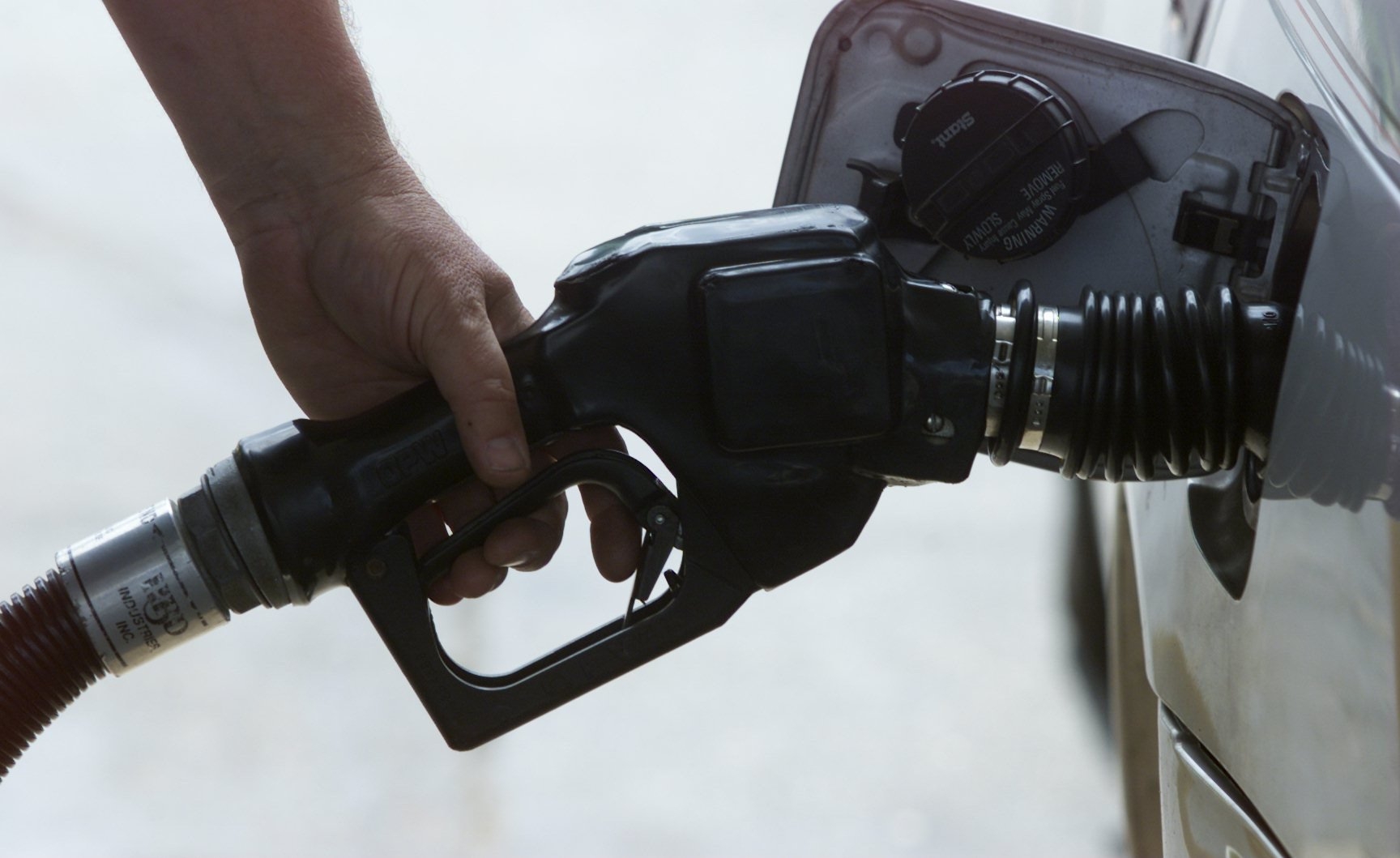
U.S. consumer prices rose in June as the cost of gasoline surged, but the underlying trend remained consistent with a gradual build-up of inflationary pressures.
The Labor Department said on Tuesday its Consumer Price Index increased 0.3 percent last month, with gasoline accounting for two-thirds of the gain, after May’s 0.4 percent rise.
In the 12 months through June, the CPI increased 2.1 percent after a similar rise in May.
Inflation is creeping up as the economy’s recovery becomes more durable, a welcome development for some Federal Reserve officials who had worried that price pressures were too low.
The steady increases have led some economists to predict that a separate inflation gauge watched by the Fed, currently running below the U.S. central bank’s 2 percent target, could breach that target by year-end as an acceleration in job growth lifts wages.
Fed Chair Janet warned last week the Fed could raise interest rates sooner and more rapidly than currently envisioned if the labor market continued to improve faster than anticipated by policymakers.
The dollar reversed losses against the euro on the data, while U.S. stock index futures extended gains. Prices for U.S. Treasury debt trimmed losses.
Last month’s increase in the CPI was in line with economists’ expectations. Gasoline prices jumped 3.3 percent, the largest rise in a year, after increasing 0.7 percent in May.
While prices for electricity also rose, they slowed from May’s brisk 2.3 percent increase. Food prices edged up 0.1 percent in June, the smallest rise since January
Food prices have now advanced for six straight months. A drought in California last year has been pushing up prices, but the momentum is ebbing.
Prices for dairy products, cereals, fruit and vegetables fell last month. The index for meats, poultry, fish and eggs rose, however.
Stripping out food and energy prices, the so-called core CPI rose 0.1 percent, slowing after May’s 0.3 percent increase.
In the 12 months through June, the core CPI increased 1.9 percent after rising 2.0 percent rise in May. Economists had forecast the core CPI rising 0.2 percent from May and 2.0 percent from a year-ago.
The core CPI was held back by declines in prices for new motor vehicles and used trucks.
The cost of shelter moderated a bit as did airline fares and medical care services, which were flat. There were big increases in tobacco prices and the cost of household furnishing and operations rose for the first time in a year.
Source: http://www.reuters.com/article/2014/07/22/us-usa-economy-inflation-idUSKBN0FR19O20140722



